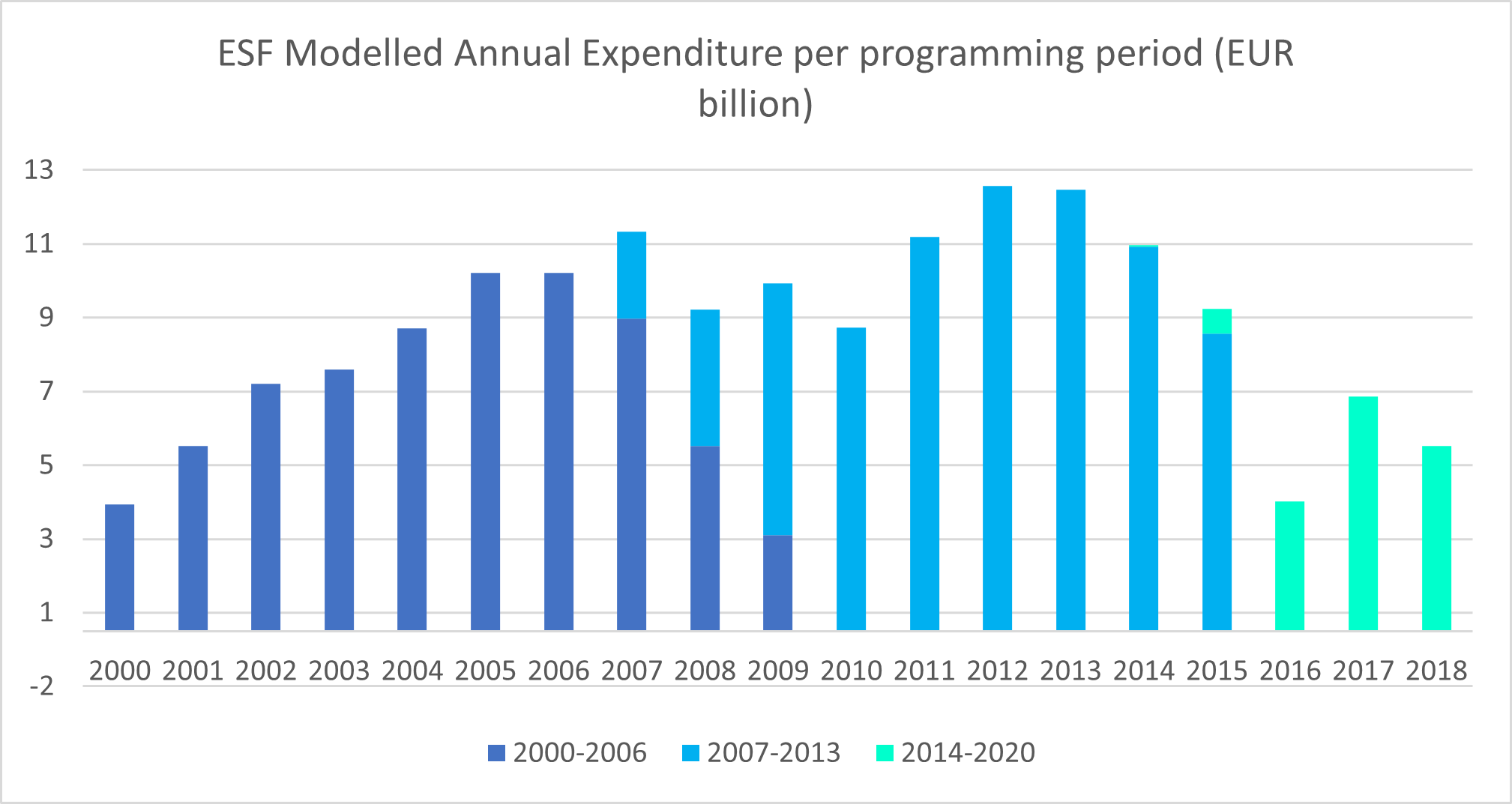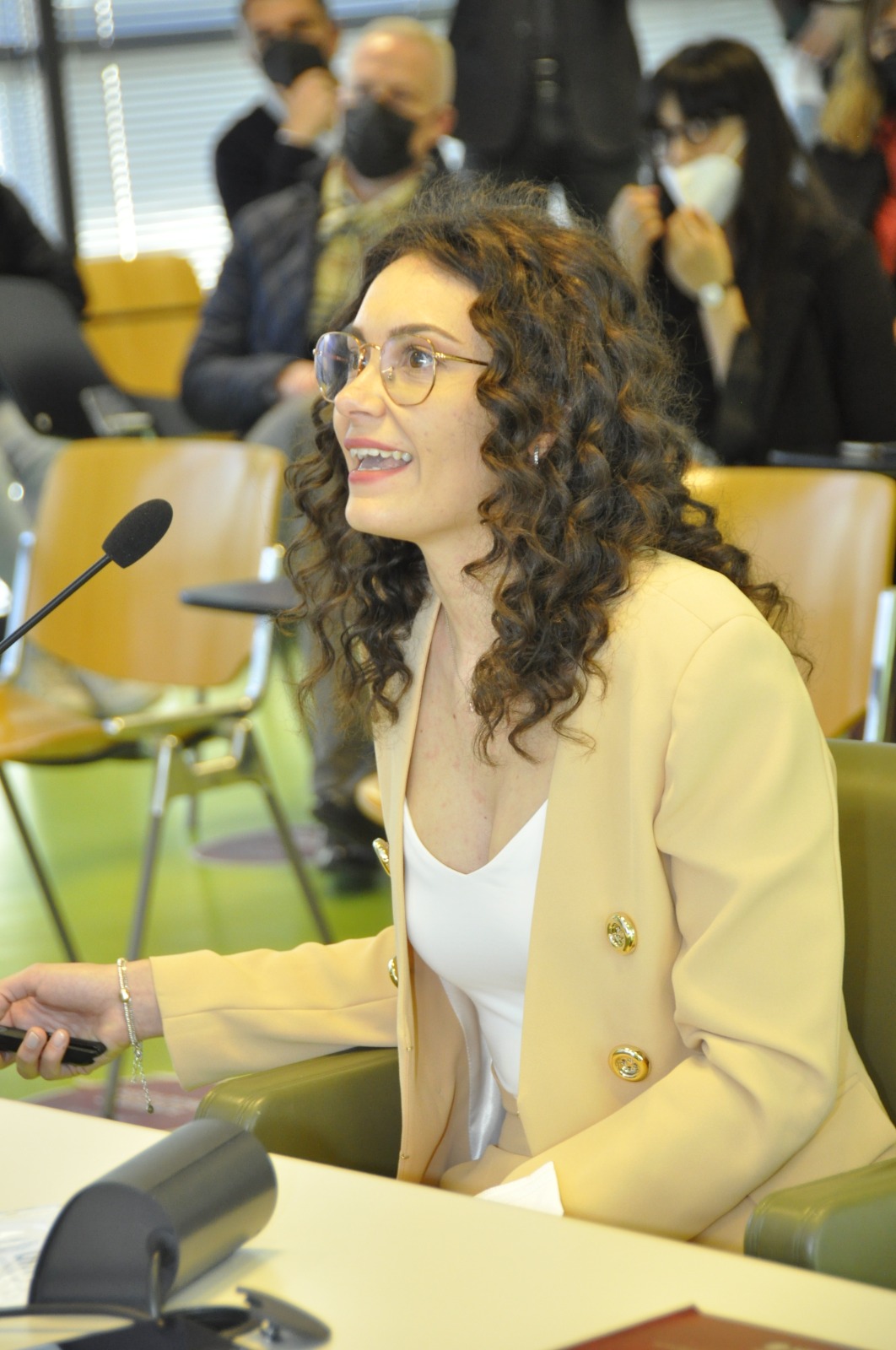New t33 study explores the impact of EU Public Procurement rules on regions and cities
JUN 2025

Publishing 11 May 2022
Last April 14, our colleague Arianna Mori graduated in the course of ‘Global Politics and International Relations’ at the University of Macerata defending a thesis in quantitative methods for economics titled ‘Addressing inequalities in the European Union: an impact evaluation study of the European Social Fund programmes’.

The aim of this study was to analyse the link between Cohesion Policy and economic inequality, and specifically to assess the effect of the European Social Fund (ESF) on income distribution within EU Member States.
The ESF is the EU main instrument for strengthening social inclusion, combating poverty, promoting education, skills and lifelong learning as well as developing a comprehensive and sustainable active inclusion. The ESF interventions are characterized by a special focus on EU labour market, which underpins income distribution, supporting employment, helping people to get better jobs and ensuring fairer job opportunities for all EU citizens. Considering that this fund is deemed to intervene in those policy areas that are affecting the most the development of economic inequalities, the main working hypothesis was that European Social Fund expenditure is reducing inequalities within Member States at national level.
For this purpose, four panel regression models with fixed effects were estimated. The data used to produce these estimates covered a time period of 18 years, from 2001 to 2018, and involved all 28 EU Member States (including the United Kingdom). The variables used were the ESF Modelled Annual Expenditure as a proxy for ESF payments made by the European Commission and the Gini Index as an indicator of income inequality. Finally, seven control variables that, according to the economic literature, represent the main drivers of income inequality were included as regressors, namely: economic development, unemployment, globalization, political processes and labour market institutions, redistribution, education and female employment.

Source: own elaboration on data provided by https://cohesiondata.ec.europa.eu
 The results obtained confirmed a negative correlation between the income inequality and the ESF modelled annual expenditure, meaning that an increase in the ESF payments by the EU would result in a reduction of the Gini market coefficient, therefore contributing to narrowing the gap between citizens belonging to different income levels.
The results obtained confirmed a negative correlation between the income inequality and the ESF modelled annual expenditure, meaning that an increase in the ESF payments by the EU would result in a reduction of the Gini market coefficient, therefore contributing to narrowing the gap between citizens belonging to different income levels.
Based on this, increasing ESF budget or investing more financial resources in the typology of interventions sustained by the ESF could be effective in reducing inequalities. Furthermore, the wage benefits, the productivity enhancement and the skills development effects associated with ESF interventions not only contribute to income redistribution, but are also pivotal to boost inclusive and sustainable economic growth and social development of EU Member States.
Arianna Mori’s master thesis is available here.
JUN 2025
MAY 2025
MAR 2025
MAR 2025
FEB 2025
MAR 2024